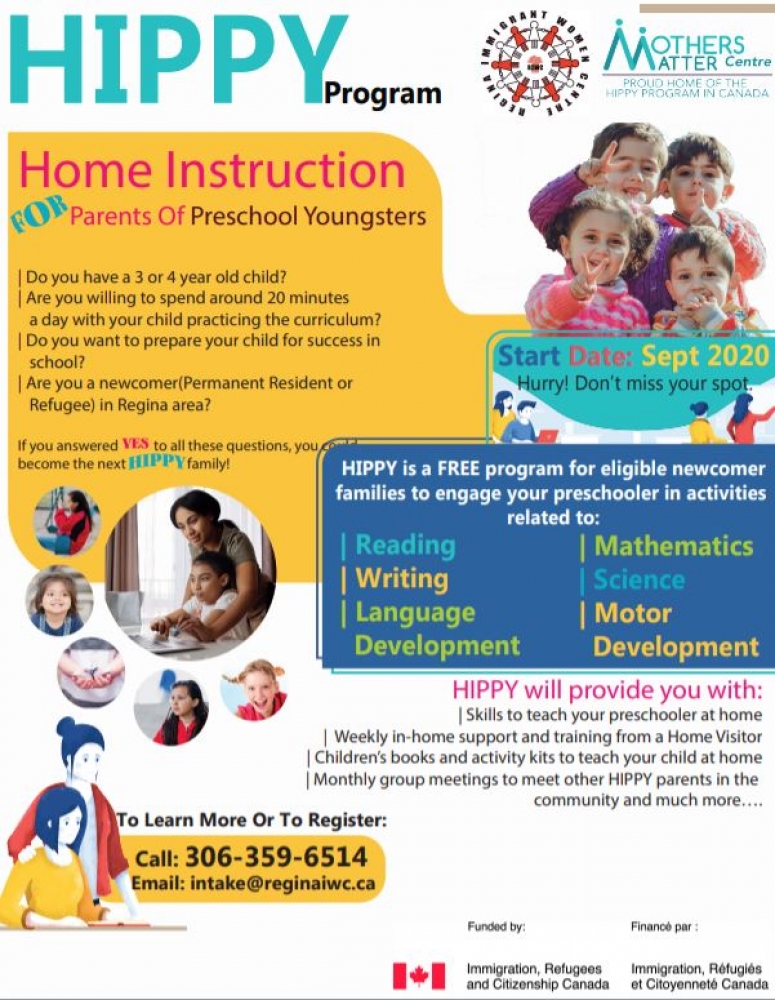
Exploring HIPPY Curriculum Empowering Parents for Learning

Exploring HIPPY Curriculum: Empowering Parents for Learning
Understanding the HIPPY Approach
The Home Instruction for Parents of Preschool Youngsters (HIPPY) curriculum is more than just an educational program; it’s a transformative approach to early childhood education. Developed in the 1960s by Dr. Avima D. Lombard in Israel, HIPPY aims to empower parents as primary educators, equipping them with the tools and knowledge to support their children’s learning and development at home.
Empowering Parents as Educators
At the heart of the HIPPY curriculum lies the belief that parents are their child’s first and most influential teachers. By engaging parents in their children’s education from an early age, HIPPY seeks to strengthen the parent-child bond and foster a lifelong love for learning. Through structured lessons and activities, parents learn how to facilitate their child’s cognitive, social, and emotional development, setting the stage for future academic success.
A Focus on Early Literacy and School Readiness
Early literacy is a cornerstone of the HIPPY curriculum, with a strong emphasis on language development and pre-reading skills. Through interactive storybook reading, language games, and hands-on activities, parents help their children build vocabulary, phonemic awareness, and comprehension skills. By laying a strong foundation for literacy during the preschool years, HIPPY prepares children for success in school and beyond.
Promoting Positive Parent-Child Interaction
Central to the HIPPY approach is the promotion of positive parent-child interaction. Through structured home visits and group meetings, HIPPY educators provide parents with guidance and support, helping them develop nurturing and responsive caregiving practices. By fostering a warm and supportive home environment, parents cultivate their child’s social and emotional well-being, laying the groundwork for healthy relationships and self-esteem.
Cultural Responsiveness and Diversity
One of the strengths of the HIPPY curriculum is its cultural responsiveness and commitment to diversity. Recognizing that families come from diverse backgrounds and experiences, HIPPY embraces cultural diversity and tailors its curriculum to meet the unique needs of each community it serves. By incorporating culturally relevant materials and practices, HIPPY ensures that all families feel valued and respected in their educational journey.
Building a Stronger Community
Beyond its impact on individual families, the HIPPY curriculum plays a vital role in building stronger and more vibrant communities. By empowering parents as advocates for their children’s education, HIPPY fosters a sense of community engagement and collective responsibility for children’s learning outcomes. Through parent-led initiatives and community partnerships, HIPPY contributes to the creation of supportive networks that promote educational equity and opportunity for all children.
Measuring Success and Impact
The success of the HIPPY curriculum is evident in the positive outcomes it achieves for children and families. Numerous studies have demonstrated the effectiveness of HIPPY in improving children’s school readiness, academic achievement, and long-term educational attainment. By empowering parents as partners in education, HIPPY helps bridge the gap between home and school, setting children on a path towards lifelong learning and success.
Looking Ahead: The Future of HIPPY
As we look to the future, the HIPPY curriculum continues to evolve and adapt to meet the changing needs of families and communities. With a renewed focus on innovation, collaboration, and scalability, HIPPY remains committed to its mission of empowering parents and enriching children’s lives through education. By investing in the potential of parents as educators, HIPPY is paving the way for a brighter and more equitable future for all children. Read more about hippy curriculum


